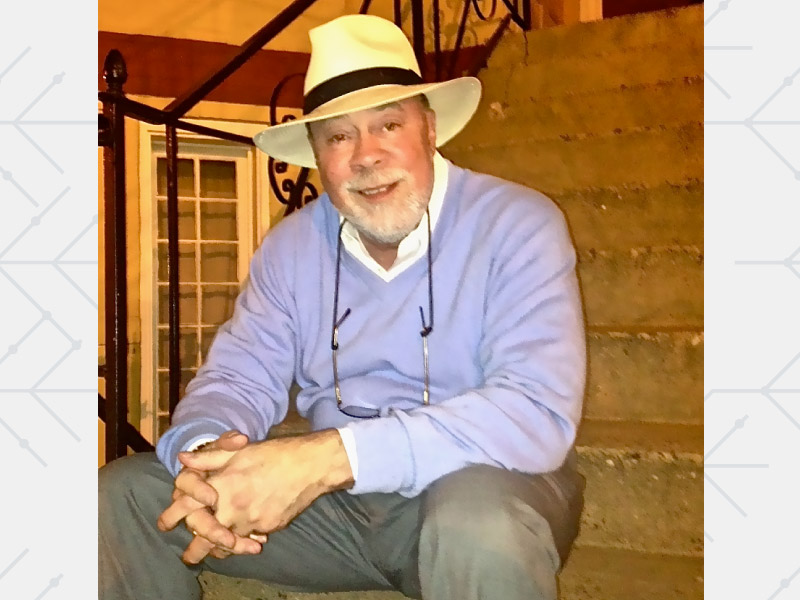John Houston III, who advanced legacy of health equity, honored posthumously

On a May evening in 2017, John Houston III walked into the National Museum of African American History and Culture to attend a reception. He didn't realize the event was to honor a stroke survivor and bring attention to the work of the American Heart Association. He just wanted to see the museum.
Little did Houston or the AHA know that by evening's end, his life and the organization's mission would be enriched beyond measure.
That December he donated his first gift of $500,000, which supported four investments to boost local innovations that improve community health, and launched a new engagement with historically Black colleges and universities. The two-year HBCU program empowers students to work within their communities and alongside AHA staff to create and implement solutions to their community's key barriers to health. By the time Houston passed away in January 2021, his donations exceeded $1 million.
For his courageous role in the AHA's work to address social determinants of health and structural racism, Houston is the posthumous recipient of the organization's 2021 Louis B. Russell, Jr. Memorial Award. He will be honored during a virtual event June 22.
The award's namesake was a Black man who lived six years after his heart transplant in the 1970s – a world record at that time. Before his death in 1974, Russell volunteered with the AHA, spreading the word about heart disease prevention in historically excluded communities.
During Houston's short yet powerful time supporting the AHA, he embodied everything Russell and his work stood for, said Yvette Mingo, AHA senior advisor for mission advancement.
"Innovation, empowerment, equity and a focus on underserved communities: Those were his buttons," said Mingo, who vividly recalls meeting Houston four years ago.
"I shared with him what the evening was about and realized very quickly that this man had a passion for gaining knowledge," she said. "It was fun to begin that journey with him, to work with our national board chairman, CEO, staff and volunteers across regions to show him our commitment to identifying and removing barriers to health care access and quality."
From the beginning, she said, Houston had an interest in a science-based health organization taking bold steps to apply a lens of equity to everything from its advocacy and research support to its community and workplace efforts.
"He understood innovation," Mingo said. "He used to say to me that the best thing you can do as a leader is to empower people so they feel free to innovate."
Houston's son, John Houston IV, and his daughter Kathy Houston remember their father's love for family and friends. He was kind, loyal and generous, Kathy said – attributes she seeks to carry forward in her own life.
John IV also remembers his father's credo to face problems head-on.
"He'd say to me all the time, 'Son, bad news won't get any better with time,'" the younger Houston said. "His message was that you can't put your head in the sand and ignore the problem. Just deal with it."
His father did that, with compassion, determination and an eye on the future. Thus, his final gift of $500,000 to help launch the AHA's Bernard J. Tyson Impact Fund in the Washington metropolitan area isn't so much an end as a beginning: to support community-led social and economic solutions to improve health. The goal is for people now and for years to come to reap and carry forward the benefits of his generosity.





